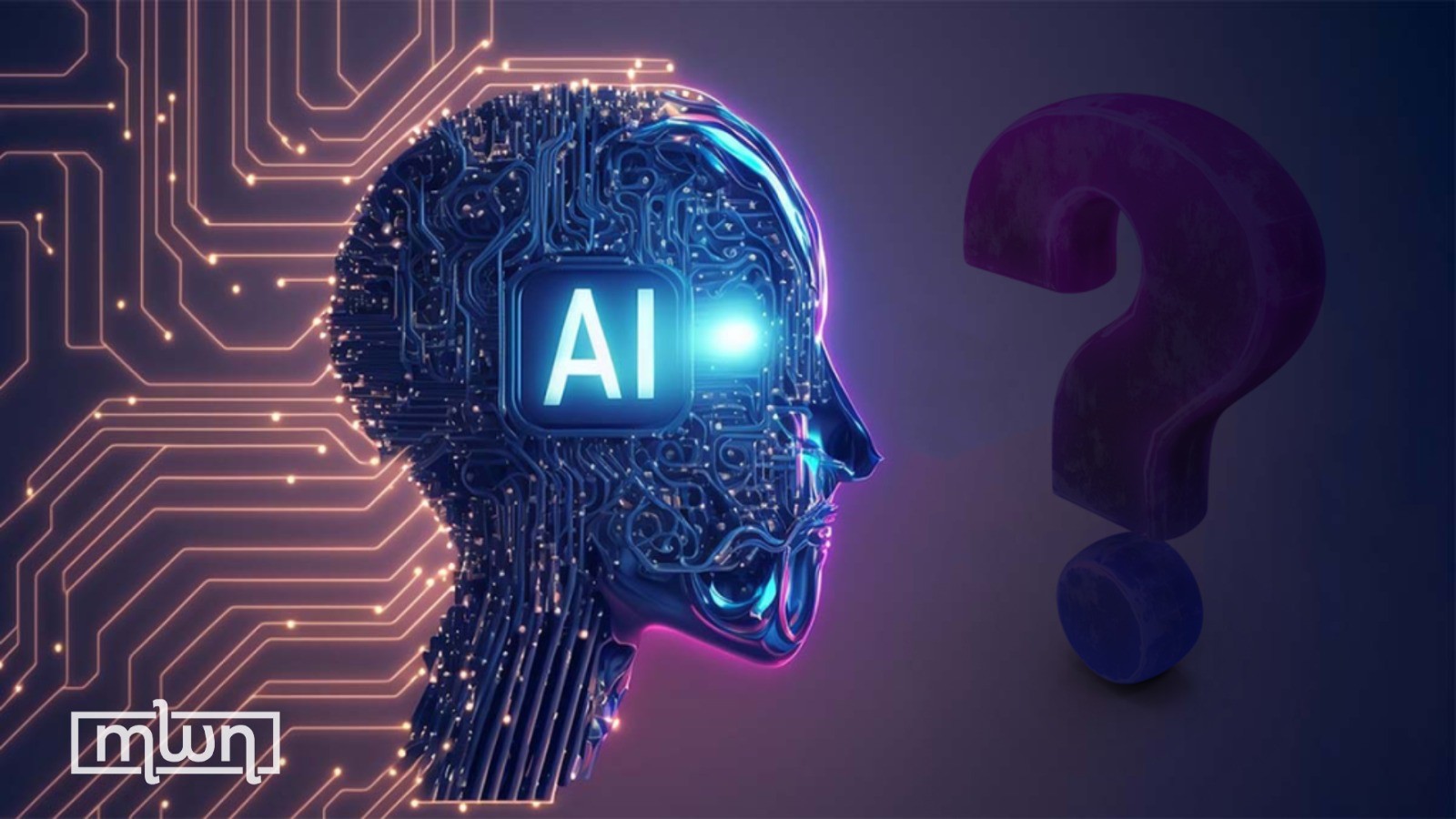Marrakech – In recent years, the integration of artificial intelligence (AI) into various aspects of daily life has sparked both excitement and apprehension, as society navigates the potential implications of this rapidly advancing technology.
Picture a world where smart assistants anticipate our needs before we even articulate them, where medical diagnoses are delivered with pinpoint accuracy, and where traffic jams are relics of the past, thanks to autonomous vehicles navigating the streets.
Yet, amidst the promises of progress, there lurks a shadowy underbelly. The ethical implications of AI loom large, casting doubt on its seemingly boundless potential.
As we delve deeper into the labyrinth of algorithms and automation, questions of bias, privacy, and control emerge like ghosts in the machine.
Consider the issue of bias, for instance. AI systems are only as impartial as the data they’re fed, yet all too often, these data sets reflect the biases inherent in society.
From facial recognition software that misidentifies individuals of certain ethnicities to hiring algorithms that perpetuate gender discrimination, the consequences of unchecked bias are stark.
Then there’s the matter of privacy. In an age where personal data is currency, the omnipresence of AI raises legitimate concerns about surveillance and data security.
Who holds the reins of power in this digital frontier, and how do we safeguard our fundamental rights in the face of technological encroachment?
And let’s not forget the existential quandary posed by the rise of AI.
As machines grow increasingly capable, what becomes of the human touch? Are we destined to become mere passengers in our own lives, relegated to the sidelines by our silicon counterparts?
But amidst the ethical minefield lies a glimmer of hope – the power of collective action. Across industries and disciplines, voices are rising to demand transparency, accountability, and inclusivity in the development and deployment of AI.
From policymakers crafting regulations to technologists embedding ethics into the very code of AI systems, a movement is afoot to ensure that the promise of AI is tempered by a commitment to justice and equity.
In the end, the story of AI is not one of unequivocal good or evil, but rather a nuanced tale of promise and peril. I
It’s a narrative that challenges us to confront the complexities of our digital age with courage and compassion, to chart a course towards a future where innovation serves not just the few, but the many.
As we stand on the precipice of this brave new world, let us remember that the power to shape the future lies not in the hands of machines, but in our own.
In the crucible of ethical inquiry, may we forge a path forward that honors the best of humanity while embracing the possibilities of tomorrow.
















